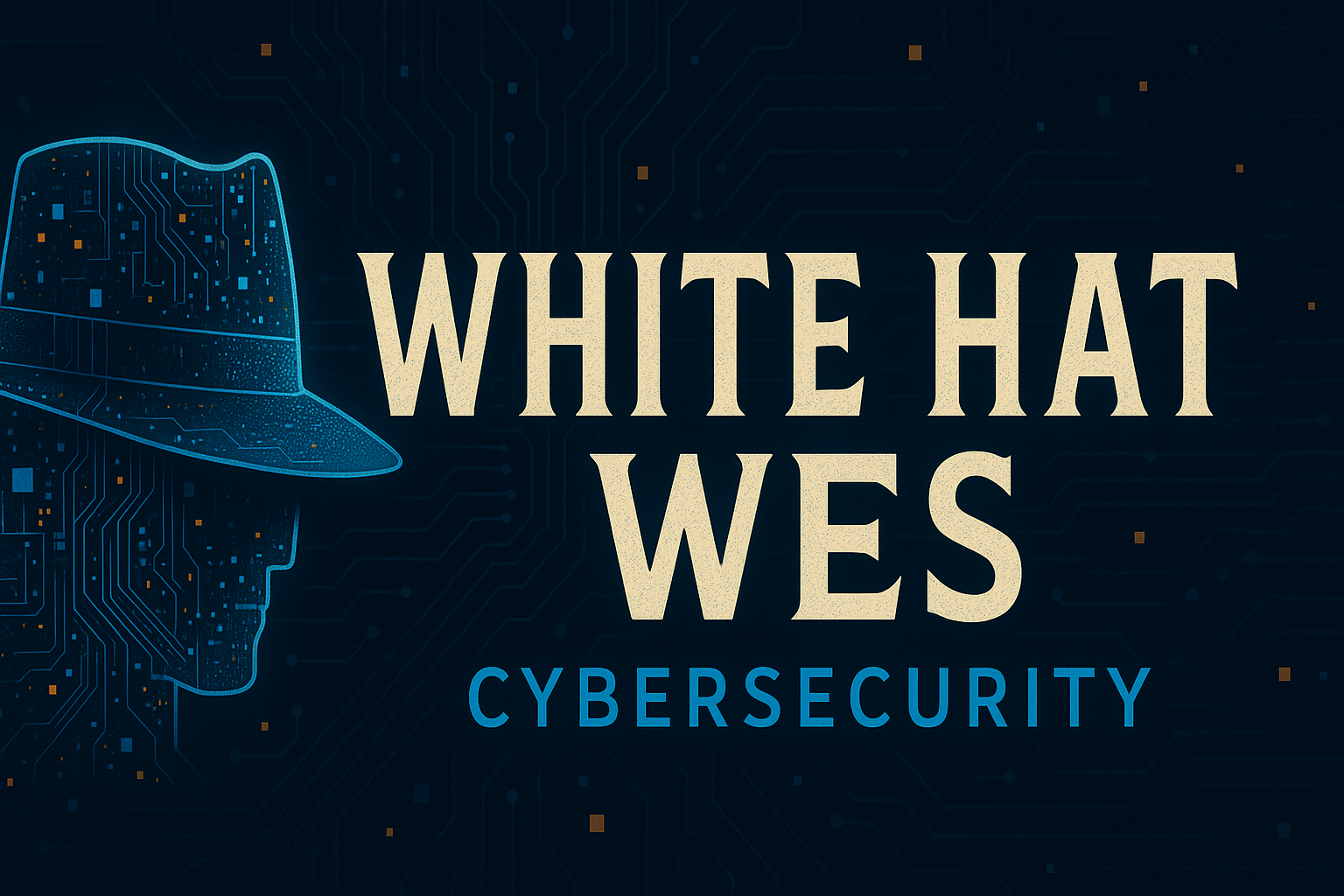
Passwords, MFA, and Identity: The Control Plane of Modern Security is a comprehensive field guide to one of the most critical frontiers in cybersecurity: the human entry point. As organizations shift to cloud platforms, remote work, and interconnected ecosystems, identity has become the new perimeter. The book argues a simple but powerful thesis—who you are, how you prove it, and how access is governed now defines modern security.
The book explores the full spectrum of identity security. It begins with the strengths and weaknesses of passwords, the evolution of policy, and strategies for reducing reliance on shared secrets. It then examines multi-factor authentication (MFA) in depth, distinguishing weak implementations from phishing-resistant methods such as FIDO2, WebAuthn, and passkeys. Beyond human factors, it addresses secrets management, federation, single sign-on, privileged access, adaptive authentication, and identity threat detection and response (ITDR).
Through detailed explanations and real-world case studies—including Colonial Pipeline, LinkedIn, Uber, SolarWinds, and Target—the book demonstrates how identity failures translate directly into breaches, fraud, and systemic risk. Each chapter concludes with actionable guidance, offering frameworks, metrics, and practical deployment strategies that readers can apply in real environments.
Written for analysts, engineers, IT administrators, and security leaders, this guide balances technical rigor with operational realism. It shows how to build identity programs that are secure, user-friendly, and compliant with modern frameworks like ISO 27001, SOC 2, PCI DSS, and HIPAA.
Ultimately, Passwords, MFA, and Identity reframes identity not as a side control but as the core security control plane of the digital era—the layer on which trust, resilience, and business continuity now depend.